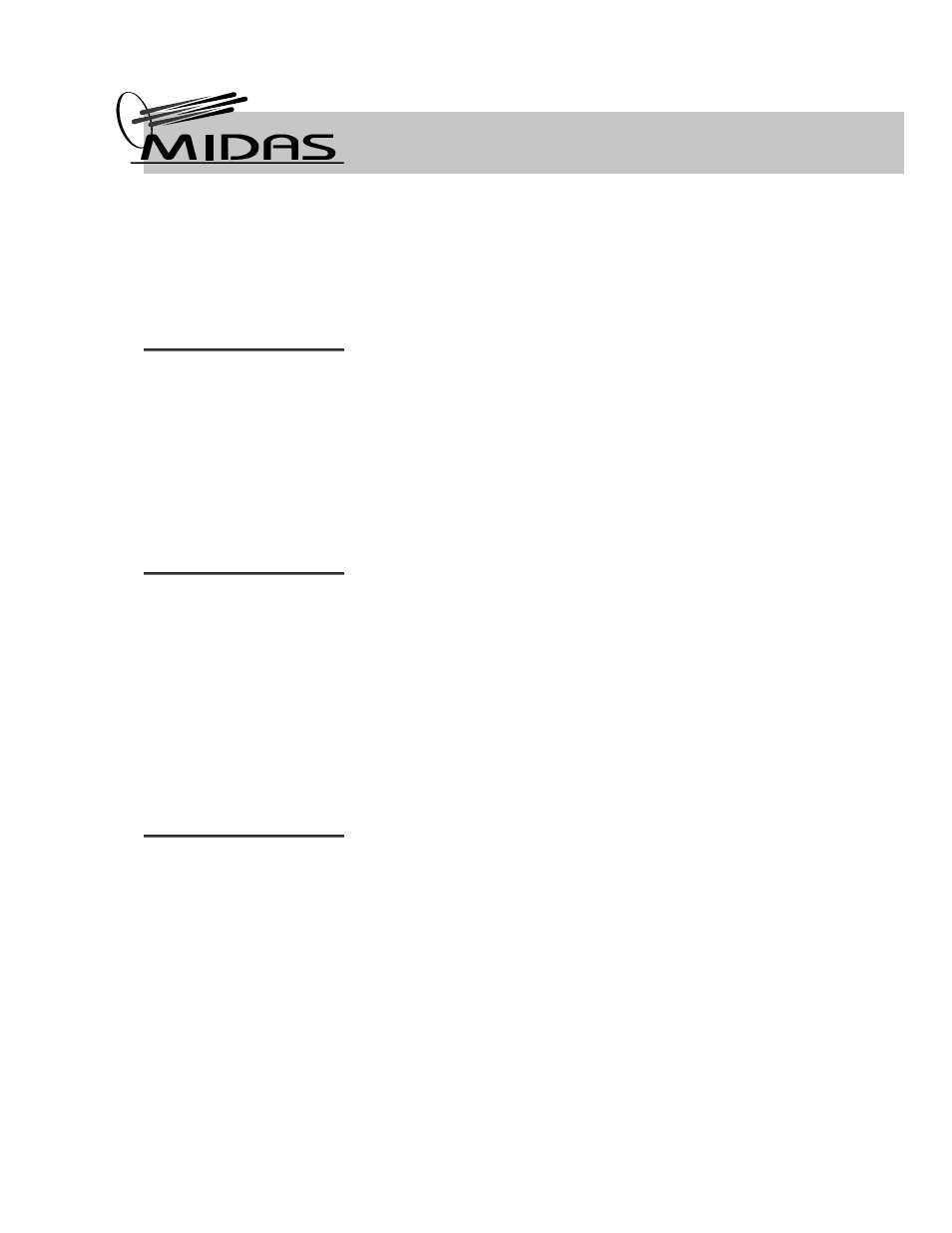Theory of operation, Transmission technologies, Frequency division multiple access – Comtech EF Data MIDAS 4 System and Design User Manual
Page 43: Single channel per carrier, Tdm/tdma

System and Design Manual, Revision 2
Theory of Operation 3–1
3
33
.
..
T
T
T
h
hh
e
ee
o
oo
r
rr
y
yy
O
O
O
f
ff
O
O
O
p
pp
e
ee
r
rr
a
aa
t
tt
i
ii
o
oo
n
nn
T
T
r
r
a
a
n
n
s
s
m
m
i
i
s
s
s
s
i
i
o
o
n
n
T
T
e
e
c
c
h
h
n
n
o
o
l
l
o
o
g
g
i
i
e
e
s
s
MIDAS, being a digital communication system, uses digital transmission
techniques as adapted to satellite transmission.
F
F
r
r
e
e
q
q
u
u
e
e
n
n
c
c
y
y
D
D
i
i
v
v
i
i
s
s
i
i
o
o
n
n
M
M
u
u
l
l
t
t
i
i
p
p
l
l
e
e
A
A
c
c
c
c
e
e
s
s
s
s
Frequency Division Multiple Access (FDMA) divides the available bandwidth
into channels for allocation to users. FDMA makes channels available to
different users/applications on a multiple access basis depending on
availability. FDMA is normally the access scheme of choice for DAMA
networks (bandwidth on demand), where the MIDAS Controller controls the
allocation of channels.
S
S
i
i
n
n
g
g
l
l
e
e
C
C
h
h
a
a
n
n
n
n
e
e
l
l
P
P
e
e
r
r
C
C
a
a
r
r
r
r
i
i
e
e
r
r
SCPC is one of the oldest transmission techniques used in satellite
communications. Initially it was used to provide thin-route analog telephone
services. The SCPC technique utilizes a single voice or data channel per
carrier. Recent developments in technology have moved SCPC into the digital
domain and the majority of services are now adopting digital services.
SCPC/FDMA techniques are typically employed for the majority of DAMA
systems in operation today, where the MIDAS Controller provides active
control of these channels.
T
T
D
D
M
M
/
/
T
T
D
D
M
M
A
A
Time Division Multiplexing (TDM) achieves multi-user utilization by
partitioning the time domain of the RF carrier into discreet slots.
Time Division Multiple Access (TDMA) systems utilize a similar format to
TDM, but each time slot is pre-assigned to a specific user. Each earth station
transmits a burst within their assigned TDMA slot. All users are synchronized
to a master reference, so that only one RF burst occupies the carrier position
(slot) at a given time, ensuring that the data bursts from different users never
overlap (collide).
MULTIMEDIA INTEGRATED DIGITAL ACCESS SYSTEM
